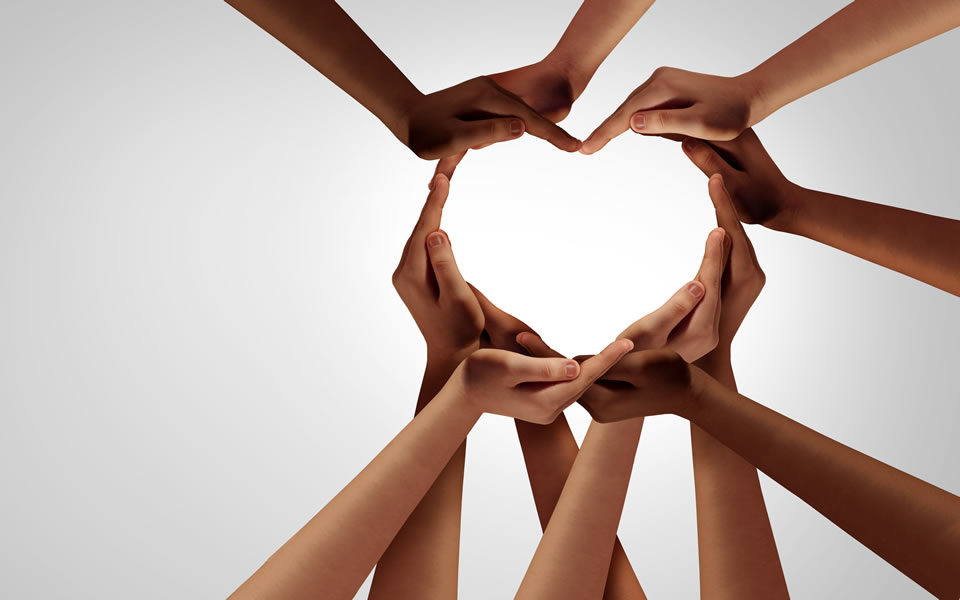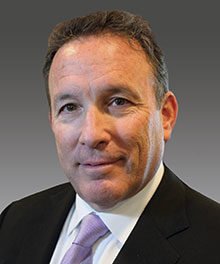Protests!

The world has been a fragile and sometimes scary place since the coronavirus sequestered most of us (except essential workers) at home just about three months ago. But the recent murder of George Floyd at the hands of four Minneapolis police officers drove people out into the streets.
People of all races are enraged and frustrated by the senseless death of Mr. Floyd, an African-American man who lost his life while being restrained by the knee of a white police officer on his neck.
Mr. Floyd’s death was a stark reminder of the systemic racism that exists in this country – a reality that faces many of our fellow Americans every day of their lives. This has to change, and my hope is that once the unrest subsides, we’ll see some real improvement in a situation that has gotten far too little attention over the years.
At the moment, it’s clear that leadership from Washington isn’t helping. Photo opps with bibles in front of churches are not the answer – especially when peaceful demonstrators are tear-gassed to make way for the camera. We’re going to have to look to local leaders to help all of their constituents feel recognized and know that their communities have a genuine interest in solving the kinds of racial issues we haven’t successfully solved before.
When are we going to realize that diversity and inclusion are strengths that are assets to our country? I firmly believe diversity and inclusion make us stronger and enable us to learn from each other and grow together. Marcum has made a strong, Firm-wide commitment to making sure we are recruiting from a diverse talent pool and have created an environment where people of every background feel comfortable. More immediately, we have formed a task force to consider how Marcum can be part of the conversation and solution that the business community can and must undertake to eradicate racism in our nation.
No one has a corner on good ideas or solving the world’s greatest social, medical, economic or philosophical challenges. It’s in our own best interest to collaborate to come up with solutions – and that means including everyone. That is why we supported Blackout Tuesday on social media and are actively looking for ways for our firm and the Marcum Foundation to get behind this issue and make a difference.
There are many legitimate reasons for people to be angry right now, but the looting and vandalism disrupting the peaceful demonstrations, especially those attacking the local businesses that communities depend on, do nothing but make it hard for the residents to live there.
Many small businesses have already gone without income since March and have been hanging by a thread. Some of the incidents we’re seeing in the headlines will push the owners over the edge financially, to a point from which they cannot rebuild. Many smaller businesses don’t carry insurance, and when a business is troubled – even if it’s through no fault of the owner – it is very hard to get a bank to lend money.
That’s not to mention how long it can take for a city to recover. Some cities took decades to rebuild after the riots of the ’60s – something I’m old enough to remember. Newark is one example. Local residents lived with the devastation left by the 1967 riots – also sparked by legitimate complaints about police brutality – for decades before redevelopment finally started to take hold. Philip Roth wrote about what happened in his novel American Pastoral, made into a movie in 2016.
Fortunately, we are seeing people coming together in some of the cities that have been experiencing unrest. That even includes police “taking a knee” in solidarity with demonstrators. I firmly believe that most police officers are committed to doing the right thing for their communities and do a great job, and that the bad apples are ruining it for the great majority.
That’s a powerful first step, but let’s not forget the reasons people are angry and do something about it this time.
It’s a sad commentary when we’re still trying to solve the same problems that the civil rights movement was trying to address 50 years ago. We can and must do better.
One point that should be made, whether it’s the four policemen in Minneapolis, or those looting amongst peaceful protesters, it’s the action of a small minority that taint the rest of us. The overwhelming majority of law enforcement officers are good, decent people who risk their lives for the rest of us on a daily basis. And most of those marching for change in the aftermath of Mr. Floyd’s murder are doing it in a peaceful way. Let’s not let the actions of the few taint our views of the majority. And let’s lead as agents of accountability and change.
Stay safe, stay healthy and remember we are all in this together.
